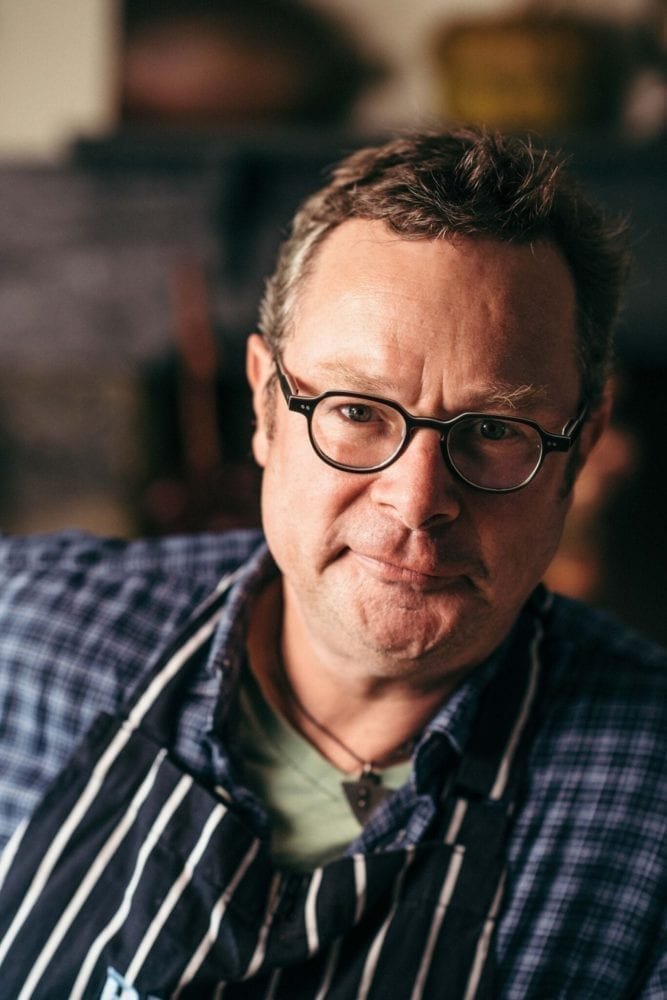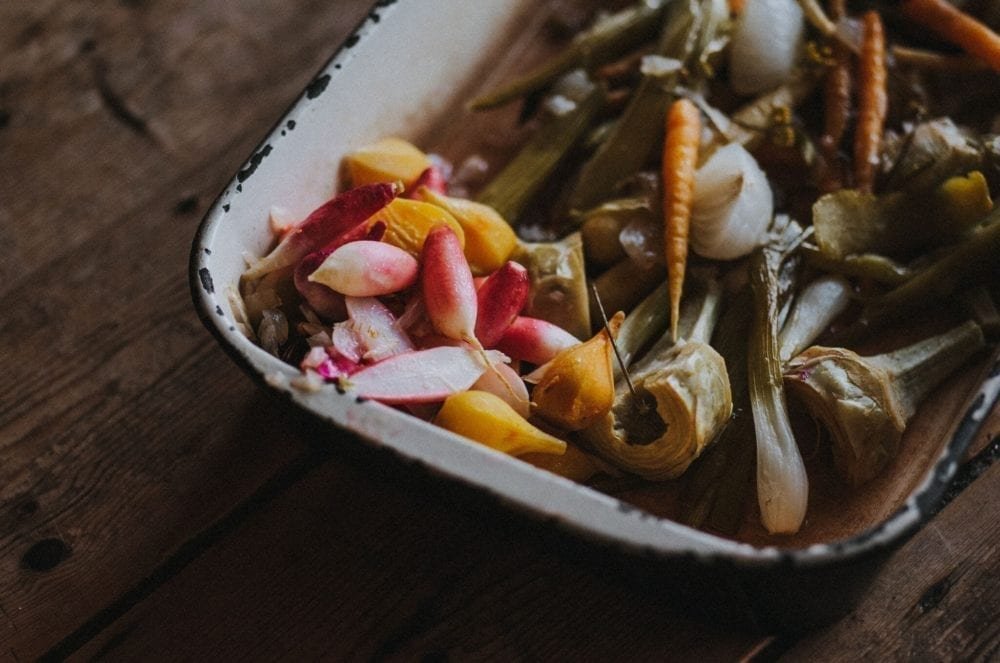This article appears in the autumn issue of MyGreenPod.com Magazine, distributed with the Guardian on 27 October 2017. Click here to read the full digital issue online
 One thing we could all do to be healthier, feel more energised and have a better relationship with our environment, is this: eat more veg.
One thing we could all do to be healthier, feel more energised and have a better relationship with our environment, is this: eat more veg.
It’s a no-brainer, right? We all know we’re supposed to eat our greens; veg is incredibly good for us – full of the vitamins, minerals, antioxidants, fibre and complex carbs that our bodies need.
But there’s more to it than that. There are several compelling reasons why a plant-based diet isn’t just a good thing to aim for – it’s absolutely imperative.
HOW PLANTS SAVE LIVES
For a start, there’s the simple fact that consuming more health-boosting plants leaves less space in our diets for foods that actively harm us. More veg means less sugar and processed foods, for example, and cutting back on those, it turns out, is pretty essential.
Refined sugars and ‘empty carbs’ are now widely recognised as leading causes of the obesity and ill health that overshadow millions of lives worldwide.
More veg also means fewer animal-based foods, meat in particular – and the consequences of eating less meat, for the entire planet, could be colossal. Not only is livestock farming massively resource-hungry, swallowing up great quantities of crops, power, fuel and water, but meat production is a key factor in climate change.
The farming of animals – particularly in an intensive system – releases huge volumes of greenhouse gases into the atmosphere. Last year, researchers at Oxford University concluded that a global switch to plant-based diets could ‘save up to 8 million lives by 2050, reduce greenhouse gas emissions by two-thirds, and lead to healthcare-related savings and avoided climate damages of $1.5 trillion (US)’.
CULINARY INSPIRATION
But we shouldn’t be eating more veg just because it’s The Right Thing to Do. We should do it because it’s life-enhancing in every way: veg is glorious, colourful, full of flavour. It expresses the seasons, anyone can grow it and it’s easy to cook.
I am not vegetarian. I still enjoy animal foods. But I am, these days, very much veg-led. I did need to make a few adjustments to my thinking along the way. And if we’re to eat more veg as a nation, we’ll need a shift in attitudes, too.
 Play Video about This Rock Might Just Save The World
Play Video about This Rock Might Just Save The World Play Video about Play 2 hours of rock
Play Video about Play 2 hours of rock Play Video about Play 2 hours of brook
Play Video about Play 2 hours of brook Play Video about Play 2 hours of sheep
Play Video about Play 2 hours of sheep












































